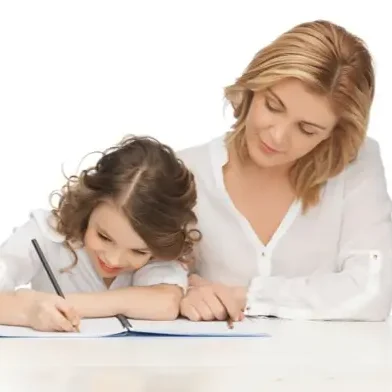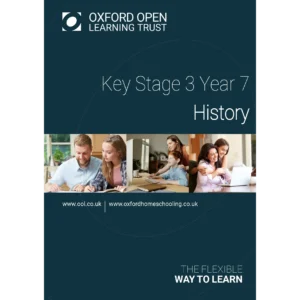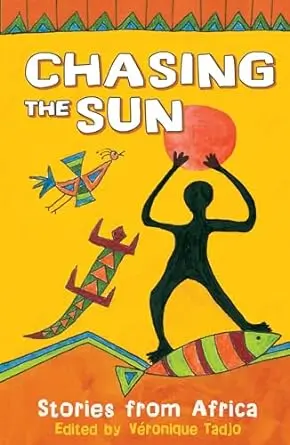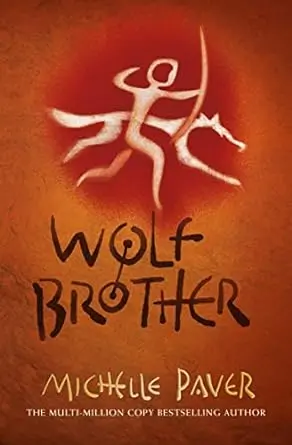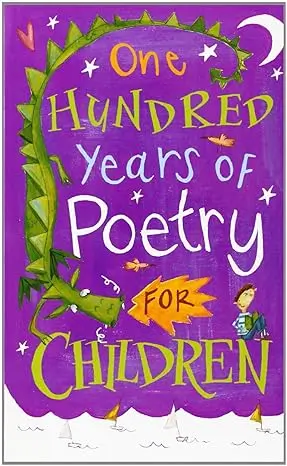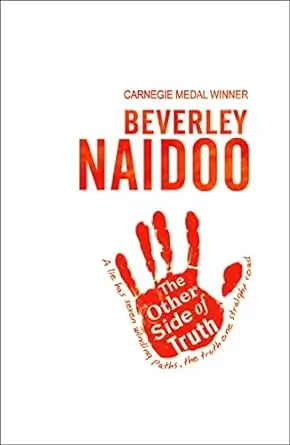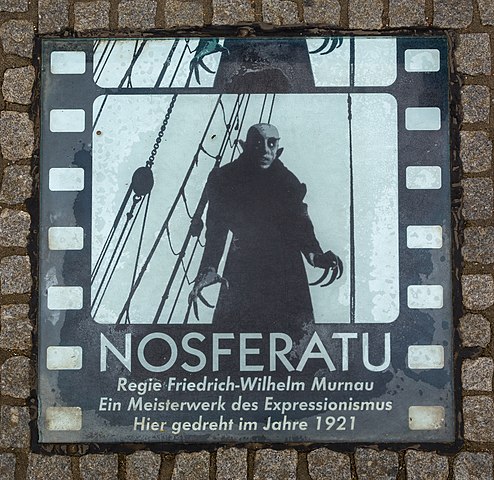King prefers to think up a situation and allow it to develop with his writing. He doesn’t come up with an outline or plot beforehand, he just dives right in.
Key Stage 3 English – Year 7
Build the solid foundation for success in future exams.
Key Stage 3, often abbreviated to KS3, covers the first three years of secondary education in the UK. Typically studied by 11-14 year olds in school, KS3 is not examined.
Without the distractions of a busy classroom or the pressure of a looming exam, Oxford Home Schooling students can study the basics of these subjects. But they also have the freedom to go into more depth and expand their interests without the worry of sticking to a set exam syllabus.
Our KS3 courses cover a wide range of topics and general education and they provide excellent preparation for GCSE and IGCSE courses to follow.
English Keystage 3 Year 7
£14.99 / month
How does a course work?
Step 1 – Subscribe to our online course materials
Subscribe to the courses you wish to study. Each course contains everything you require to succeed in your chosen subject, including detailed coverage of all required topics, activities, self-assessment questions and assignments with comprehensive suggested answers. You may choose to have the assignments marked by one of our fully-qualified tutors.
The minimum subscription period is 6 months. After that, you can cancel your subscription at any time. If you wish, you may optionally purchase a printed, spiral-bound course pack at the point of subscription.
Step 2 – Taking control of your studies
You will be allocated a tutor from our bank of PGCE-qualified tutors. Your tutor will arrange a free 15-minute induction call with you to introduce themselves and the course to you. As you require further tutor support, you can purchase:
- Tutorial time, one-to-one in our virtual classroom
- Assignment marking
- Mock Exam marking
Course Outline
Module 1 Myths and Folklore
Lesson 1 Introducing myths and folktales
Lesson 2 Theseus and the Minotaur (Greek myth)
Lesson 3 Sapana, the Girl who Climbed to the Sky
Lesson 4 The Drum (African folktale)
Lesson 5 Stories with a moral
Module 2 Wolf Brother
Lessons 6-10 All on Wolf Brother
Module 3 Drama
Lesson 11 What makes drama tick
Lesson 12 Dramatic tension
Lesson 13 Playing the fool
Lesson 14 Modern comedy
Lesson 15 Writing a play
Module 4 Poetry
Lesson 16 Animal poems
Lesson 17 People poems
Lesson 18 Childhood
Lesson 19 Imagery
Lesson 20 Poems that tell a story
Module 5 The Other Side of Truth
Lessons 21-25 All on The Other Side of Truth
Module 6 Autobiography
Lesson 26 My Family and Other Animals 1
Lesson 27 Life Among the Indians
Lesson 28 ‘A Lion Hunt’
Lesson 29 My Family and Other Animals 2
Lesson 30 Cider with Rosie
Examinations
There are no formal examinations at Key Stage 3. Our one-year courses typically end with an informal assignment or exam which tests the skills and knowledge acquired during the year as a whole.
Course duration and study time
The recommended number of study hours for each one-year course is 100 hours. You will want to schedule all of this in to a balanced multi-subject programme of learning.
Because of the unique way Oxford Home Schooling courses are structured, your support will last for as long as you are subscribed to the course, regardless of whether you decide to complete the course in 12 months or 18.
Module Guides for Parents
Each module of the KS3 English has a parents’ guide. Each Parents’ Guide contains everything that a parent should need to offer practical support to the student.
This includes the answers to the activities and discussion ideas based on the student’s answers.
The Guides also contain:
- discussion of practical issues
- guidance on internet resources
- a section on topics the student may find difficult
The guides are provided in printed form if you purchase the printed materials, or as downloads, which are available from the download section of your “My Account” page.
Frequently Asked Questions
Why should I choose Oxford Home Schooling for my child's Key Stage 3 study?
- Oxford Home Schooling is a long-established educational company that prides itself on
- treating every student as an individual
- excellent customer service
- comprehensive, quality courses.
- We’re rated ‘Excellent’ on Trustpilot by students who have studied with us.
- We provide online and printed resources so you can study your way – other providers do not give you that choice.
- We make it easy for you to home-educate your children with our flexible schedule, tutor support, and subscription-based payment plan.
- Every year we help hundreds of children who have left mainstream education obtain the qualifications they need to progress and achieve their goals. A firm foundation at Key Stage 3 is vital.
Are there any exams for Key Stage 3 Courses?
No.
KS3 courses are the building blocks designed to prepare your child to begin studying for GCSE, which is formally examined.
With no exams to worry about, your child can take as much or as little time as they need to assimilate the basic principles in KS3. This can be a time in school when gifted children become bored and troublesome if they find it all too slow and easy while others may be put off learning if they have not had time to grasp the first principles of a subject. Oxford Home Schooling has the flexibility to cope with both of these extremes and every child in between.
Is there an age limit for KS3?
There isn’t a specific age requirement to start a Key Stage 3 course but we strongly recommend that the pupil is a minimum of 10 and preferably 11 when they start the GCSE course and also that they are academically capable of starting the course. If the student is not 10 before they start, we may have difficulty allocating you a tutor. There is no upper age-limit.
When can I start?
You may take out a subscription and start any time of the year you like. The earlier the better! The important thing to think about is the context of secondary education as a whole and the objectives you have as a family.
Once you have taken out a subscription, you will get access to your course online immediately and (optionally) your printed course materials will arrive a few days later.
Is it necessary to start with a Year 7 course?
No. Students may jump in at Year 8 or Year 9 instead. If a student has already completed Year 7 (or Year 8) within a school environment, they find they were repeating skills and knowledge already acquired. But any course makes assumptions about prior knowledge and our Year 8 courses do assume the prior knowledge that comes from a Year 7 course. Our Year 9 course, similarly, assumes knowledge from both Year 7 and Year 8. So it may take a little while to adapt.
Will completion of the KS3 course (to Year 9) put me in a good position to start my GCSE studies?
This is one of the main objectives of our KS3 courses. Some of our GCSE and International GCSE courses may go back briefly to first principles for the benefit of those who are new to the subject but a student’s chances of success are hugely enhanced if they have achieved a firm grounding at KS3 first.
Are any additional textbooks or external resources required?
The courses are largely self-sufficient so no additional textbooks should be required. The exception, perhaps, is English, where students will need to acquire certain novels, plays and poetry books. Access to the internet is advantageous at all levels of education, including KS3. Our science courses assume access to various very basic items of equipment for home-based experiments, usually under parental supervision.
From the Blog
Masters Of Their Craft: Michael Crichton
By taking a tip or too from one of the greats, you can bring out the best in yourself.
Fangs And Fiction
What’s so gripping about vampires?
